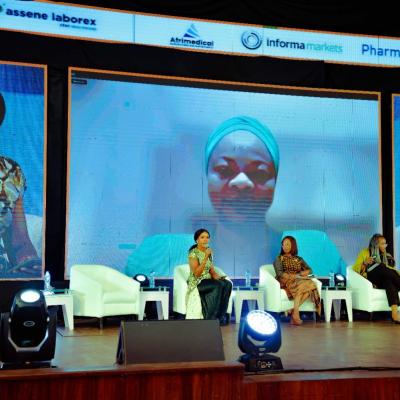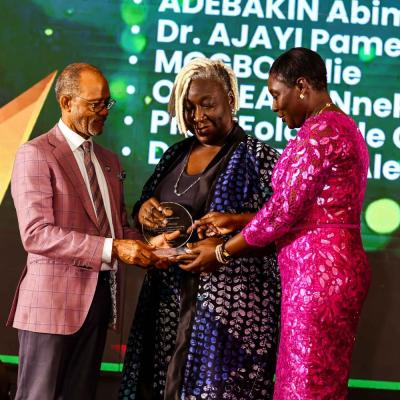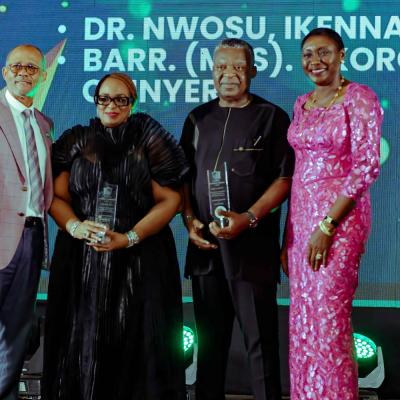The commissioner noted that prior to the commencement of operation of the biobank, series of trainings were organised for the team of experts that would manage the facility.
He said that the trainings, which started about two years ago, was part of the one-health and biosecurity strategy to build the biobank staff capacity in readiness for possible disease outbreak.
“As part of these series of capacity building, officials from the Public Health England recently trained staff of the Biobank on how to identify novel and highly infectious pathogens.
“This training is in line with building a resilient health system that can withstand the shocks of any possible disease outbreak and in readiness for the formal opening of the facility scheduled for February,” he said.
Abayomi further said that the Biobank was part of the new biosecurity unit located at the Mainland Hospital which serves as the state’s infectious disease hospital.
He added that a section of the hospital would be renovated and expanded in accordance with the improved prototype design for health facilities to increase capacity for quality and efficient healthcare.
In view of the raging novel Coronavirus in South East Asia and Lassa fever outbreak in some parts of the country, Abayomi said the state is working closely with the National Centre for Disease Control (NCDC) and Ports Health to strengthen surveillance in the state.
The commissioner urged citizens to adopt and practise high standard of personal and environmental hygiene, including regular hand washing, covering of mouth and nose when coughing and sneezing.
He advised people to avoid close contact with anyone showing symptoms of respiratory illness, such as coughing and sneezing.
He also advised Nigerians to keep practising good biosecurity precautions with domestic and wild animals, as measures against the transmission of contagious infection and pathogens.
Abayomi stressed that most of the emerging dangerous pathogens were zoonotic infections which comes from the food chain and environment to infect human. (NAN)
source: ThisDay

 In a bid to tackle future disease outbreaks in the country, the Lagos State biosafety laboratory has began operations, the state Commissioner for Health, Prof. Akin Abayomi, has said. Abayomi, in a statement issued on Monday, said the facility has the capacity to process, identify and store samples of infectious diseases such as Ebola, Lassa fever and Coronavirus, among others.
In a bid to tackle future disease outbreaks in the country, the Lagos State biosafety laboratory has began operations, the state Commissioner for Health, Prof. Akin Abayomi, has said. Abayomi, in a statement issued on Monday, said the facility has the capacity to process, identify and store samples of infectious diseases such as Ebola, Lassa fever and Coronavirus, among others.







